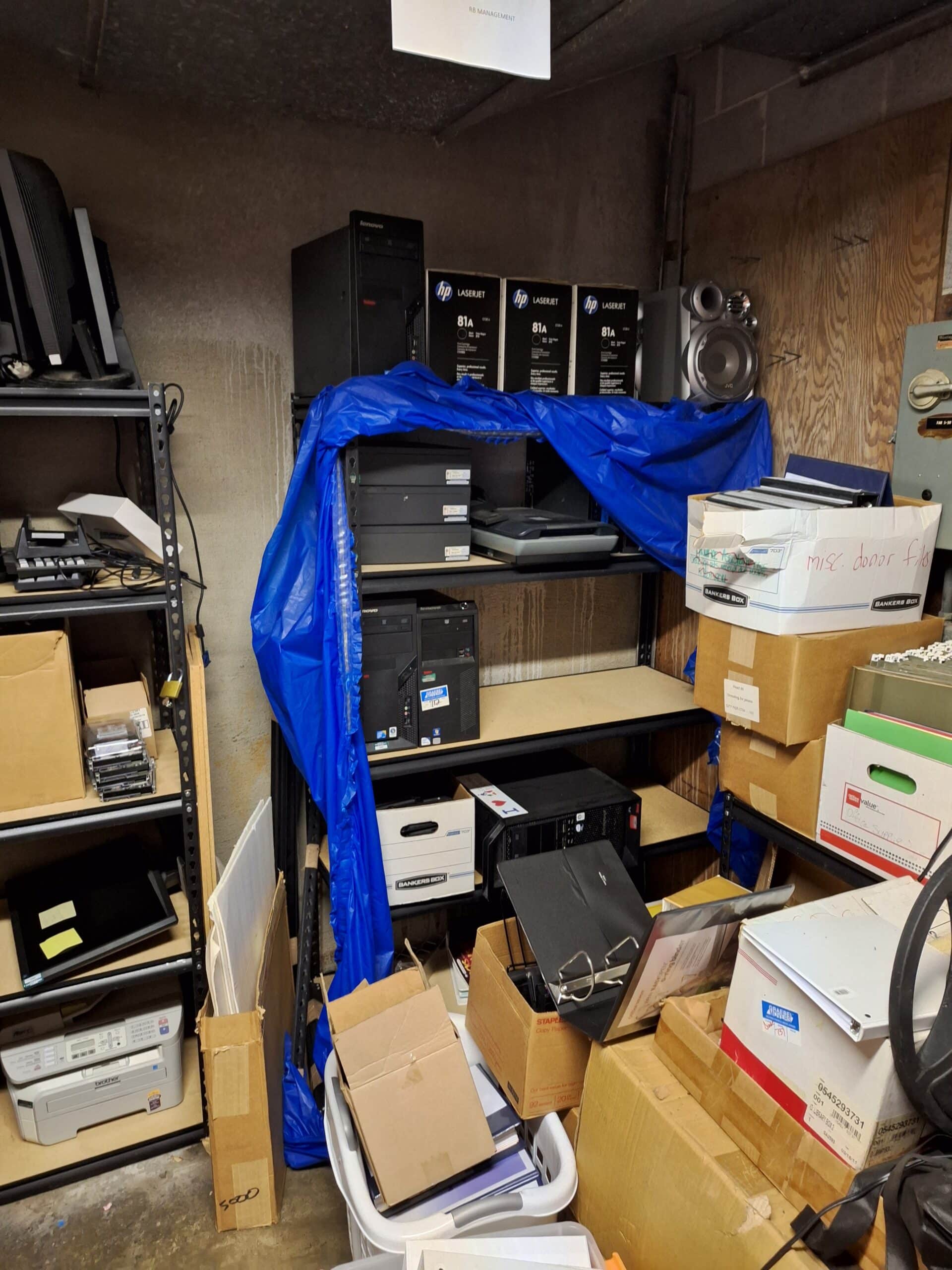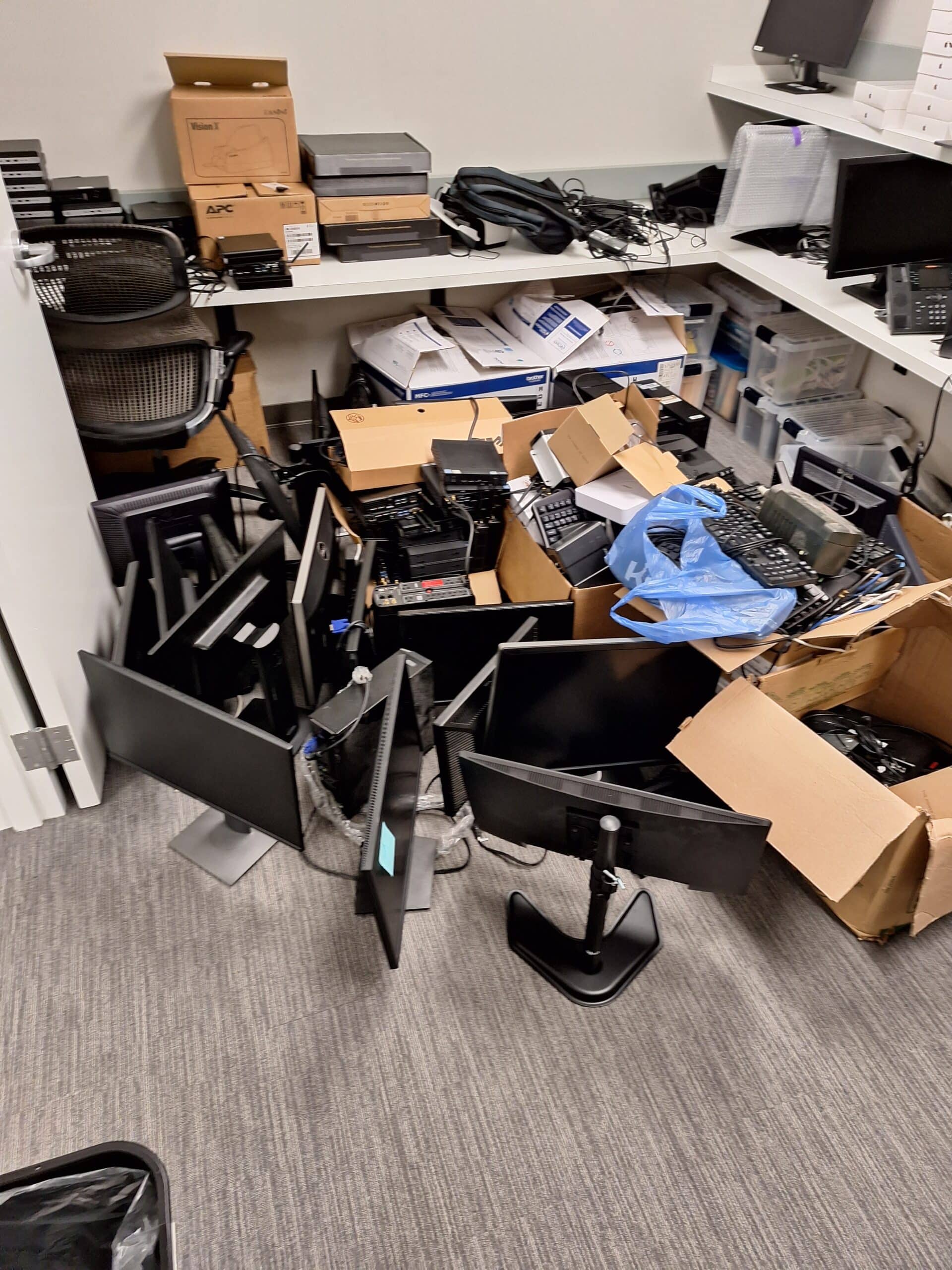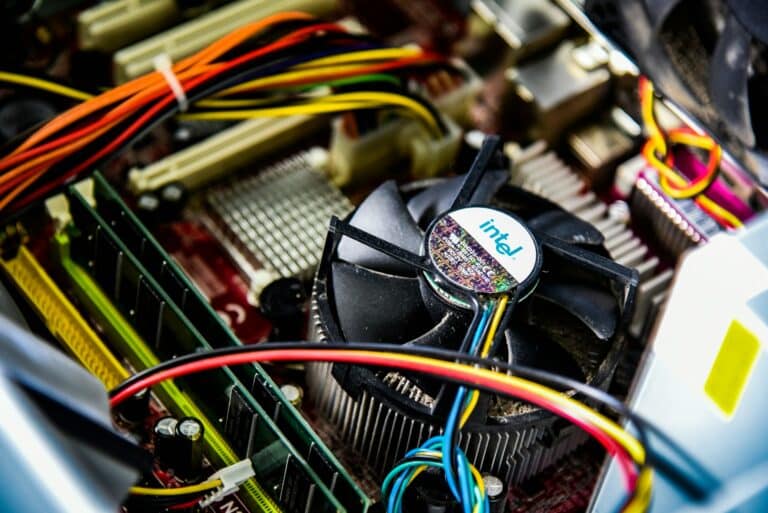Electronic Recycle & The Enviornment
As technology rapidly changes and advances, it is important to ensure that all electronics are disposed of properly. Electronic recycle is a major part of the global effort toward sustainability and preserving our environment for future generations. To understand why electronic recycling is so important, it pays to take a step back and look at how we’ve traditionally discarded e-waste. With proper electronic recycling programs in place, however, this hazardous waste can be recycled safely away from delicate ecological communities; processed efficiently through state-of-the-art measures; reused responsibly with minimum impact on both people and our planet; or even donated to those in need around the world. This blog post offers an overview of the various economic, environmental, and social benefits associated with reusing recyclable electronics for general public awareness.
Introducing the Need for Electronic Recycle
In today’s digital age, it’s no secret that electronic devices have become increasingly prevalent in our daily lives. As technology continues to advance at an impressive pace, we find ourselves upgrading our smartphones, laptops, and other gadgets more frequently than ever before. While these devices certainly make our lives easier and more efficient, they also come with a downside: electronic waste. With landfills filling up with discarded electronics, it’s vital that we begin to explore solutions for proper disposal and recycling. Introducing the need for electronic recycling is a critical step in reducing the amount of electronic waste produced and safeguarding our planet’s future.
The Impact of Electronic Waste on Our Environment
Electronic waste, commonly referred to as e-waste, is a significant environmental concern that continues to grow, maintaining its position as one of the fast-growing waste streams worldwide. With the drastic increase in technology advancements, electronic devices such as computers, televisions, and mobile phones have become obsolete after a short period, leading to an incessant generation of e-waste. This waste, most of which contains hazardous substances such as lead, mercury, and cadmium, poses a high risk of environmental pollution and health hazards when not properly disposed of. These hazardous substances can leach into the soil and groundwater, leading to soil and water contamination, which can negatively impact human health and environmental sustainability.

Why It is Essential to be Aware of the Dangers Pointed Out by Electronic Waste
As our world becomes more reliant on technology, the issue of electronic waste is becoming a significant concern. The electronic waste consists of discarded electronics such as computers, cell phones, and other electronic devices. The improper disposal of this waste can negatively affect the environment and human health. It is crucial that we are aware of the dangers associated with electronic waste disposal and take necessary steps to minimize its impact. With the proper knowledge and action, we can help protect not only our planet but also ourselves from the hazards of electronic waste.
Responsible Disposal Practices for Electronics
Electronic waste is becoming an increasingly difficult problem to manage due to the ever-growing quantity of electronic devices that are used daily. Responsible disposal practices can help combat this problem. Fortunately, there are a variety of ways that individuals and businesses can dispose of electronics in a way that is both environmentally and socially responsible. Some options include donating used electronics to a charity, recycling them, and taking them to a designated electronics drop-off location. By actively pursuing responsible disposal practices, individuals and businesses can take important steps toward protecting the environment and preserving valuable resources.
Practical Solutions for Recycling Electronics
As technology continues to advance at an unprecedented rate, the amount of electronic waste, or e-waste, being generated all around the world is reaching staggering levels. Despite the environmental risks posed by e-waste, many people are still unclear about how to properly dispose of their gadgets, and as a result, end up contributing to this growing problem. Fortunately, there are practical solutions out there that can help us better manage our e-waste and reduce our carbon footprint. By recycling our electronics, we can recover valuable materials, reduce greenhouse gas emissions, and conserve natural resources.
Electronic waste presents a serious health risk to our society as it continues to pollute the environment. To avoid such dangers, electronic recycling must be done responsibly and carefully. Not only is this an important way to keep our planet safe from hazardous materials, but it also allows us to reuse valuable resources in a more efficient and productive manner. Through careful consideration and practices, we can reduce our e-waste footprint and create a healthier environment for ourselves and future generations. It’s essential that everyone is aware of the risks posed by e-waste so that we can all work together to make sure we handle electronic disposal correctly.

Beyond Surplus, Electronics Recycling, IT Equipment Disposal & Data Destruction
https://www.google.com/maps?cid=14474660673037836871
1835 S Cobb Industrial Blvd SE #105, Smyrna, GA 30082
(404) 334-9789
https://www.beyondsurplus.com/


